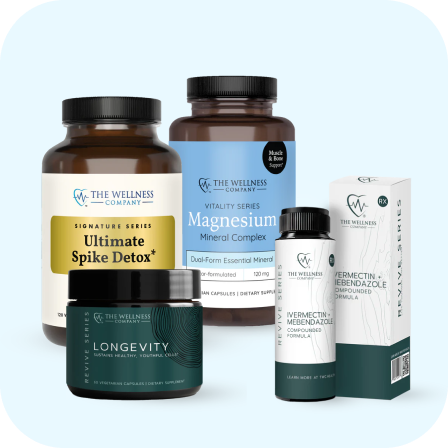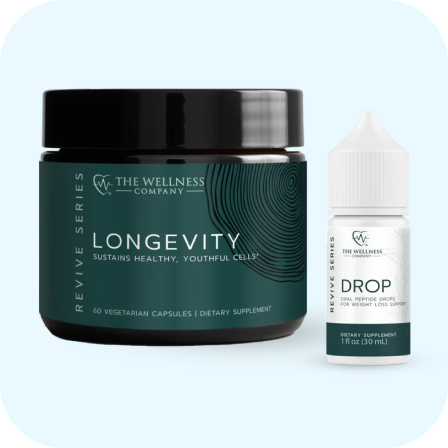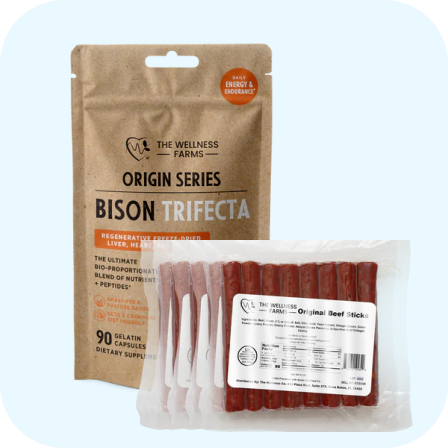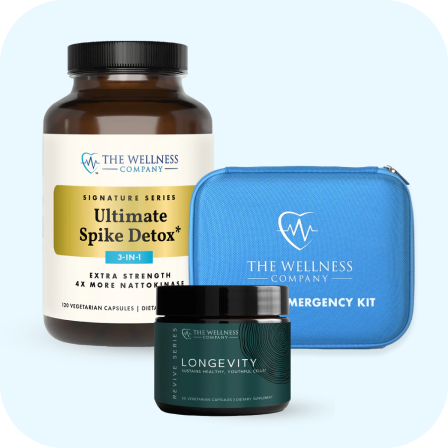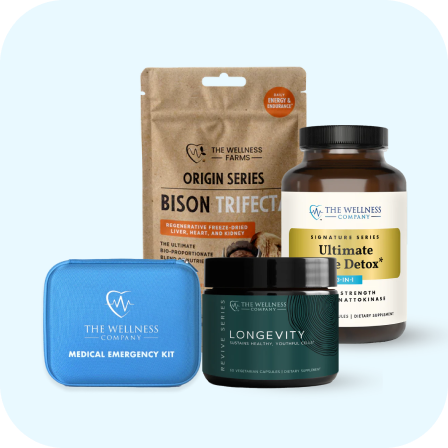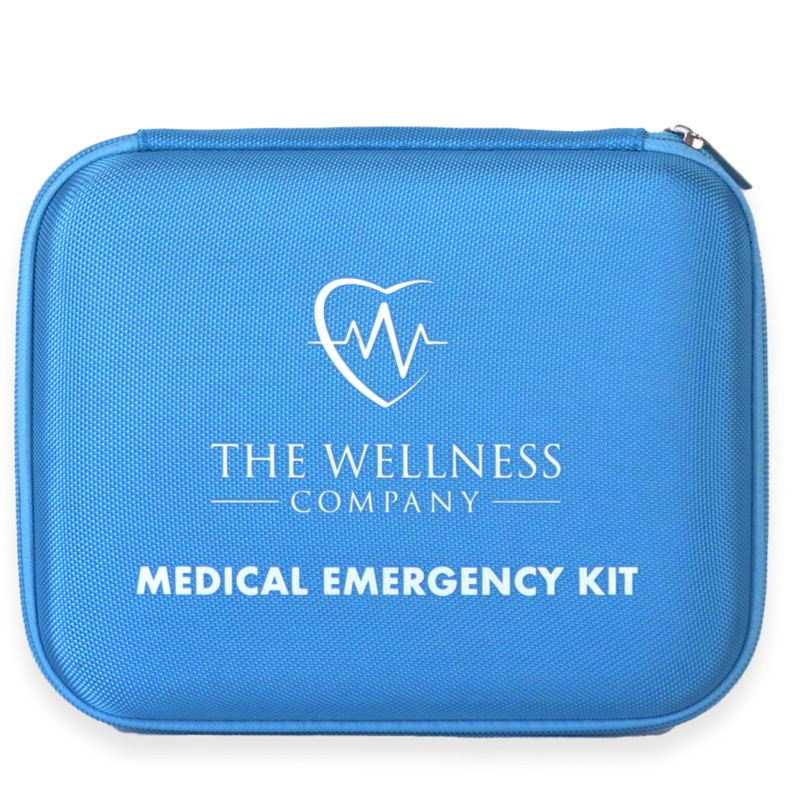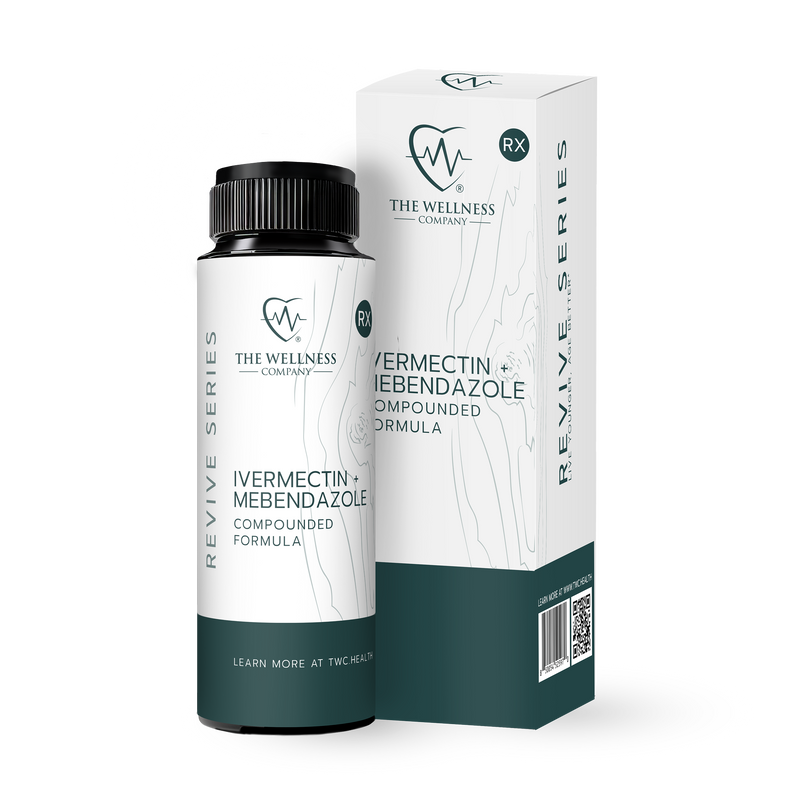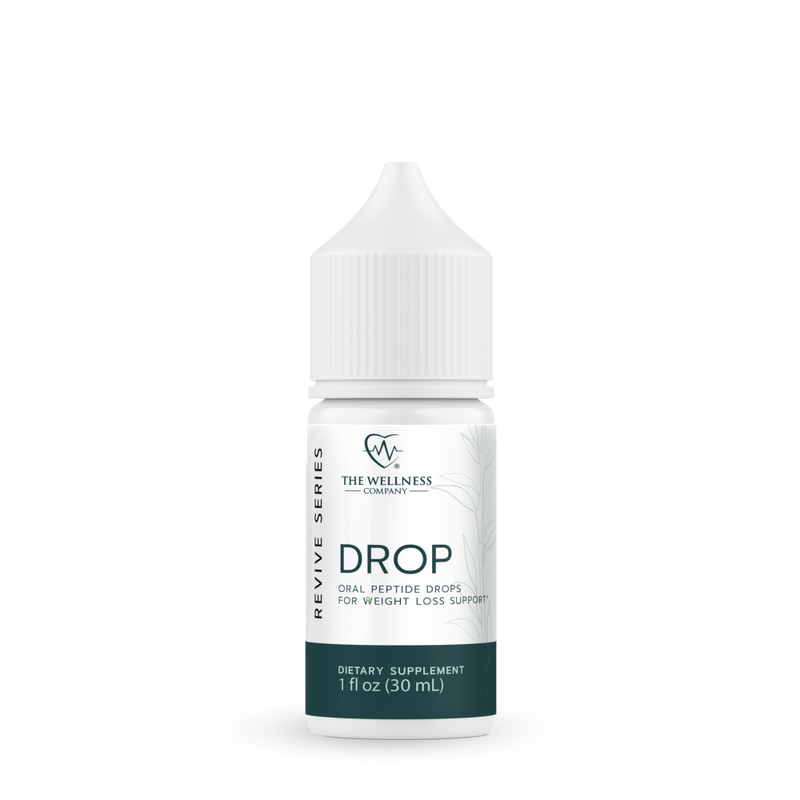June is Men’s Health Month - Prevent or Reverse Disease by Doing These 3 Things

It is widely known that men tend to not seek medical attention unless they get sick.
There are many reasons for this, and most of them aren’t legit. Some of these reasons are:
Masculine Norms- Traditional views on masculinity often discourage men from seeking help, as they are socialized to be self-reliant and stoic. This can lead to a reluctance to admit vulnerability or weakness by visiting a doctor.
Fear of diagnosis- By ignoring symptoms, or avoiding regular health screenings, many men feel the lack of diagnosis means there isn’t something brewing. This couldn’t be further from the truth. In fact, early detection and intervention are key to drastically increasing your odds of survival and even avoiding diseases.
Take charge, you are in the driver’s seat. Don’t be a statistic
Men are nearly twice as likely as women to die of heart disease. (CDC data)
According to data from the CDC, men have a one in four chance of dying from heart disease(CVD). Risk factors for CVD include high blood pressure, high cholesterol, smoking, obesity, and a sedentary lifestyle. In second place is cancer, specifically lung and prostate cancer which ranks second with one in five men listed as the cause of death.
Other top causes of men’s mortality are (per CDC)
- Chronic lower respiratory disease (comprises chronic bronchitis, emphysema, and asthma). Causes tobacco smoking (including second-hand smoke), air pollution, allergens, and occupational risks.
- Stroke can be inherited, but high blood pressure and diabetes are usually the main causes of a stroke.
- Type 2 diabetes is usually due to being overweight, poor diet, and lack of exercise.
Break the mold take care of yourself
Be proactive, not reactive when it comes to your health.
YOUR HEALTH IS YOUR CHOICE- FOR THE MOST PART
The two main drivers of disease in men are:
- Genetics: Genetics can’t be changed, but you can change how your genes affect your health. Genetics is a powerful driver of certain diseases, but research suggests we have more power over our health outcomes than previously believed.
- Lifestyle management: Lifestyle management encompasses not only diet, exercise, and stress management but also yearly physical exams to address any concerns and catch any health problems before they advance to something major.
Epigenetics is the study of how diet, physical activity, and stress levels can change our health. Research points to healthy lifestyle practices can keep the genetic predisposition of a disease from setting in. (1)
A comprehensive approach including lifestyle modifications, early detection, and early intervention are the most effective ways to reduce the risk of premature death.
(Be patient with yourself. Anything worthwhile takes time, patience and focus.)
Prevent or Reverse Disease by Doing These 3 Things
- Manage your stress or it will manage you.
There is no such thing as “it’s only stress.” Stress is a killer.
Stress is good at times and needed. Chronic stress, on the other hand, can lead to a depletion of magnesium, and increase cortisol levels, which in turn increases blood glucose levels and can disrupt the delicate balance of the beneficial(probiotic) bacteria in your gut. Because of this enzyme production decreases.
When enzyme production decreases, no matter how many supplements or quality food you consume, your body cannot absorb the nutrients. This leads to nutritional deficiencies, especially magnesium and zinc. Your heart relies on these nutrients to stay healthy. Stress can also lead to atherosclerosis, hypertension, and other heart-related diseases. (2)
Managing stress isn’t just about handling stressful situations. Having social connections with trusted friends and others can help you avoid isolation and can keep depression from setting in. Set aside time each day to check in with your stress levels and make time to decompress if needed.
- DIET: A diet high in protein, with balanced omega 3 to 6 fats found in grass-fed and finished meat cold water fish such as salmon, chia seeds, and hemp hearts, rich in leafy green vegetables, and antioxidant-rich foods such as berries, cruciferous veggies (cabbage, broccoli) that are also rich in soluble and non-soluble fiber are proven to reduce the risk of heart disease and cancer. Omega 3 fats are known to be anti-inflammatory and reduce triglycerides. They are also believed to improve mood and can help stave off depression in some studies. (3,4)
- EXERCISE: Can lower blood sugar levels, help manage stress, and increase feel-good chemicals, which leads to lower cortisol levels. If you haven’t exercised recently, check with your care provider to get started moving. Take the time to make exercise a priority. Exercise helps build muscle, aids in bone formation, reduces stress, and lowers glucose levels.
Make an appointment with yourself- Make your health a priority. You are worth It!
Our premium line of supplements can help you on your journey to health. Our
Strong Bones Formula, Blood Sugar Balance, and are all designed to help you on your journey to be the best possible version of yourself.
References
- Antonella Farsetti, Barbara Illi, Carlo Gaetano, How epigenetics impacts on human diseases, European Journal of Internal Medicine, Volume 114,2023,Pages 15-22,ISSN09536205,https://doi.org/10.1016/j.ejim.2023.05.036.(https://www.sciencedirect.com/science/article/pii/S0953620523001930)
- Henein MY, Vancheri S, Longo G, Vancheri F. The Impact of Mental Stress on Cardiovascular Health-Part II. J Clin Med. 2022 Jul 28;11(15):4405. doi: 10.3390/jcm11154405. PMID: 35956022; PMCID: PMC9369438.
(https://www.sciencedirect.com/science/article/pii/S0924977X03000324)
- Mohebi-Nejad A, Bikdeli B. Omega-3 supplements and cardiovascular diseases. Tanaffos. 2014;13(1):6-14. PMID: 25191488; PMCID: PMC4153275.
- Kuan-Pin Su, Shih-Yi Huang, Chih-Chiang Chiu, Winston W. Shen,
Omega-3 fatty acids in major depressive disorder: A preliminary double-blind, placebo-controlled trial
By Brooke Lounsbury







